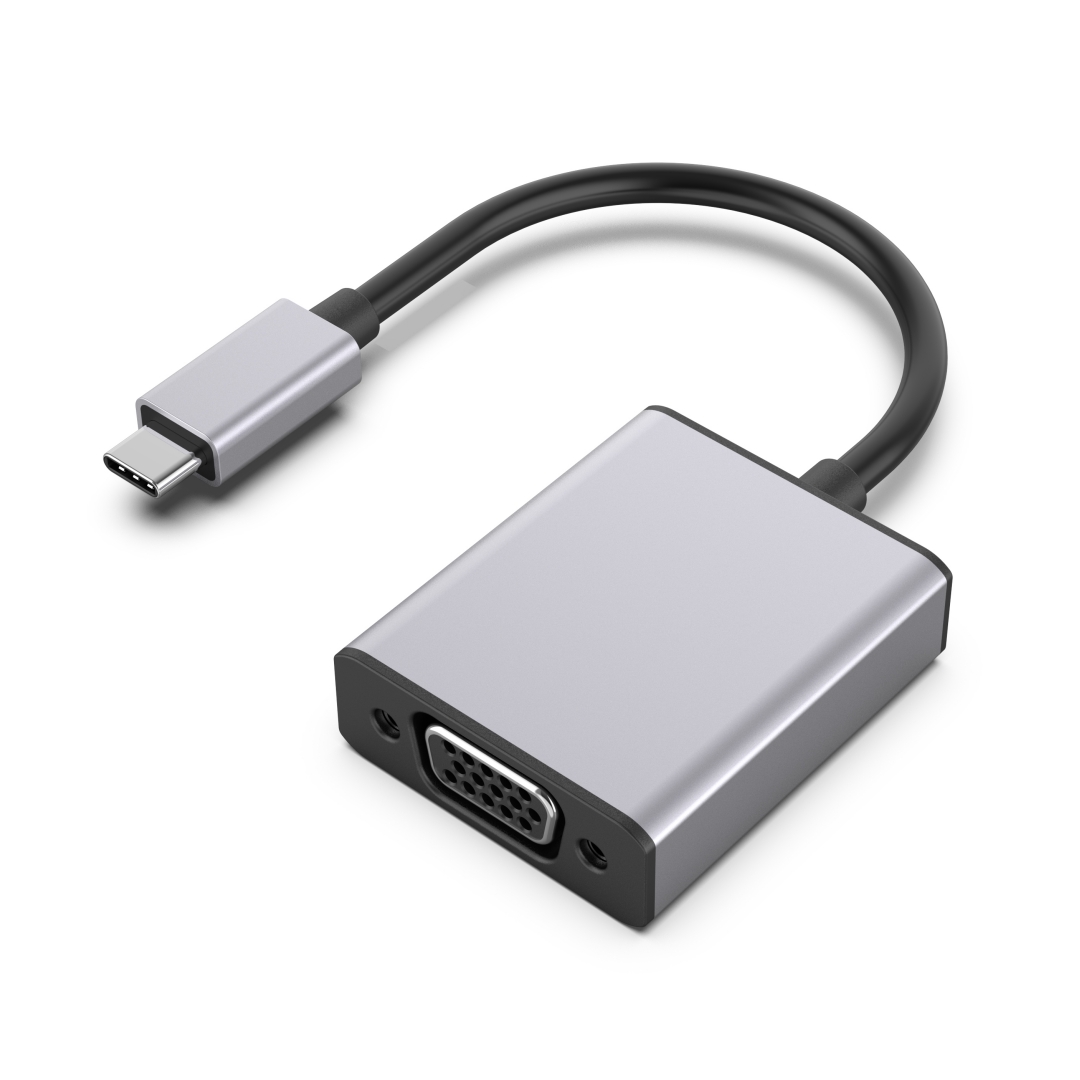Making Device Charging More Convenient with a Type-C Hub

With the prevalence of Type-C ports in modern devices, users often wonder if it is possible to charge their devices through a Type-C hub. This article aims to provide a comprehensive understanding of this topic and explore the potential of Type-C hubs as a charging solution.
1. Understanding the Type-C Hub
A Type-C hub is a versatile device that expands the capabilities of a Type-C port by providing additional ports such as USB-A, HDMI, SD card readers, and more. It acts as a central hub, allowing users to connect various peripherals to their devices. However, not all Type-C hubs support charging functionalities.
2. Power Delivery (PD) and Charging via a Type-C Hub
Power Delivery (PD) is a charging protocol that enables faster and more efficient charging. Some Type-C hubs are equipped with PD functionality, allowing them to charge connected devices while transferring data or using peripherals. However, the charging capabilities may vary depending on the power output of the hub and the device being charged.
3. Factors Affecting Charging via a Type-C Hub
Several factors influence the feasibility of charging devices through a Type-C hub:
a. Power Output: The power output of the Type-C hub determines its charging capabilities. Higher output generally means faster charging, but it should also be compatible with the power requirements of the connected device.
b. Device Compatibility: Not all devices support charging through a Type-C hub. Some devices may require a certain power input or have specific charging protocols that are not supported by all hubs.
c. Simultaneous Usage: Charging via a Type-C hub may be slower if the connected device is simultaneously using high-power peripherals, such as external hard drives or graphics cards.
d. Cable Quality: The quality of the Type-C cable used can impact charging efficiency. It is recommended to use high-quality cables that support the desired power output.
4. Benefits and Limitations of Charging through a Type-C Hub
Benefits:
- Type-C hubs offer a convenient solution for charging devices while using multiple peripherals.
- Power Delivery functionality allows for faster charging compared to traditional USB ports.
- With a Type-C hub, you can reduce cable clutter by connecting multiple devices through a single port.
Limitations:
- Charging capabilities differ between Type-C hubs, and not all hubs support PD functionality.
- Certain devices may have specific power requirements or charging protocols that are not compatible with all Type-C hubs.
- Charging may be slower if the hub is also being used for high-power data transfers or peripheral usage.
5. Conclusion: Exploring Charging Potential with Type-C Hubs
In conclusion, while it is possible to charge devices through a Type-C hub, it is important to consider various factors such as power output, device compatibility, simultaneous usage, and cable quality. Type-C hubs with Power Delivery functionality offer a convenient solution for charging devices while utilizing other peripherals. By understanding the capabilities and limitations of Type-C hubs, users can make informed decisions to enhance their device charging experience.
Article Summary
This article explored the topic of charging devices through a Type-C hub. It provided an in-depth understanding of Type-C hubs, Power Delivery (PD) capabilities, factors affecting charging, and the benefits and limitations of using Type-C hubs for charging. By considering power output, device compatibility, simultaneous usage, and cable quality, users can make informed decisions about utilizing Type-C hubs for charging their devices.



